Protected areas
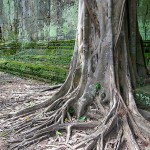
As Cambodia emerged from years of conflict, pressures grew on natural resources and sensitive areas. In response, a number of protected areas were created by royal decree in 1993 to protect ecologically and culturally important places. More detailed guidelines on managing the country’s protected areas ...
Environmental impact assessments
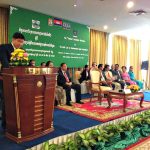
The primary legal requirements for environmental impact assessments (EIAs) in Cambodia are set out in Content II, Book V of the Environment and Natural Resource Code1, Chapter III of the Law on Environmental Protection and Natural Resource Management 19962(EPNRM Law), and the Sub-Decree no. 72 ...
SDG 4 Quality education
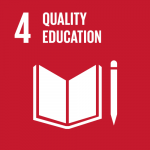
Sustainable Development Goal 4 – Ensure inclusive and equitable quality education and promote lifelong learning opportunities for all – focuses on education as a fundamental human right that is necessary for the achievement of all the SDGs.31 Education supports the achievement of gender equality by empowering women and is crucial to creating ...
Primary and secondary education
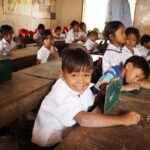
Article 68 of Cambodia’s Constitution states that the Government shall provide free primary and secondary education for all citizens and each individual shall pursue basic education for at least 9 years. Education is a fundamental engine of social and economic development for a country, especially ...
Biofuel crops
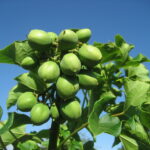
Biofuel crops have a significant potential for contributing to future energy requirements worldwide. Agricultural lands offer energy farming as an alternative to their usual role of food production. Biofuel crops are an environmentally valuable means of sustainable energy production.133 The demand for transport fuels in ...
Ministry of Women's Affairs
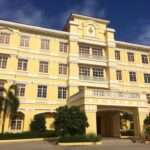
Ministry of Women’s Affairs. Photo taken from the Ministry’s Facebook Page, taken on 17 September 2016.EstablishmentUnder Royal Decree No. NS/RKM/0197/22, the Ministry of Women’s Affairs was formally established on 24 January 1996. The Ministry became the Ministry of Women and Veteran’s Affairs under the Royal ...
Swedish aid
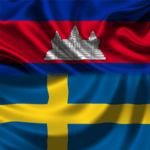
Sweden’s Ambassador to Cambodia, His Excellency Björn Häggmark, shook hands with Prime Minister Hun Sen, dated 04 December 2019. Photo from Prime Minister Hun Sen’s Facebook page.Cambodia and Sweden established their diplomatic ties in 1961. Sweden started to provide the first development cooperation support in ...
Oil and gas resources
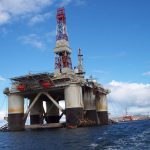
Oil and gas have been found on Cambodian territory but no commercial extraction has begun. When extraction may begin is uncertain while oil prices are at comparatively low levels. All the petroleum products for local demand are imported, chiefly from Vietnam, Singapore and Thailand. Consumption ...
Gravel and limestone
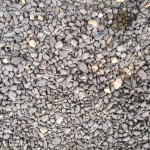
Raw gravel, photo by touch and see, taken on March 26, 2014. Licensed under: CC BY-SA 2.0Since 2010, Cambodia has seen increasing production of cement, crushed stone, sand and gravel in response to the country’s booming construction sector. Approved investment in the construction industry in ...
Off-shore oil and gas exploration and extraction
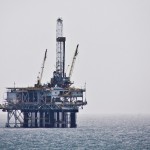
For the purposes of oil and gas exploration, six Offshore Blocks (A–F) have been set out. Significant finds of oil have been made in Block A, but no oil has yet been extracted. ...
Forest protection

Deforestation has always been a problem in Cambodia since the 1970s, and it has aggravated inthe last decade. Some protected areas have been deforested. Between 2001 and 2018, Cambodia had lost 557,000 hectares (11.7%) of forest cover in protected areas.293 This loss has had an ...
Extractive industries
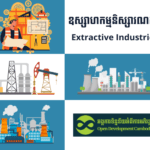
Extractive industries include mining and mineral sectors, natural gas and oil exploration, petroleum refineries, and quarrying for construction resources such as sand, stone, and gravel. Cambodia’s extractive resources have gone largely untapped, while these resources are geographically identifiable. French and Chinese geologists have been indicated ...
Agriculture and fishing
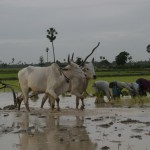
Rice farmers working in the field, Kandal province, Cambodia. Photo by ILO/ Khem Sovannara, taken on 12 July 2007. Licensed under CC BY-NC-ND 2.0.Agriculture continues to play an important role in Cambodia’s economy, but it provides a livelihood for a smaller proportion of today’s population ...
Ethnic minorities and indigenous people
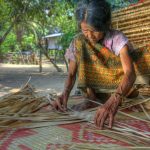
According to the Kingdom of Cambodia’s 2019 general population census, the total Cambodian population is 15,552,211 (51.31% of females).464 By 2021, the population increased to 16,589,023.465 Vietnamese, Chinese, Chams and other minorities also live in the country. Indigenous ethnic groups known as “Khmer Loeu” live ...
Plants
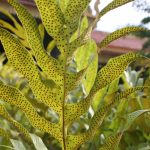
Although there are often new discoveries,500 a global lack of up to date data on botanical research makes plants biodiversity hard to assess in Cambodia. Compared to neighboring countries, the number of plant species is low, mostly due to the relative country’s flat landscape.501 Botanical knowledge ...
Vocational education
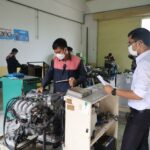
By definition, Vocational education refers to the program that enables people to acquire highly transferable and development skills. It also grants people the necessary technical skill for their desired career.524 Cambodia’s vocational education plays an important role during the country’s economic structural transition and the ...
Pollution and waste
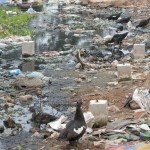
The rapid economic and population growth in Cambodia is leading to significant environmental pollution. The economic development activities have generated major environmental consequences, including air pollution, water pollution, noise pollution and solid wastes. ...
Energy for transport

In Cambodia, petroleum is traditionally the main source of energy for transportation. The petroleum fuels used for transportation include gasoline, diesel, heavy fuel and fuel oil. ...
Ground water
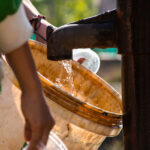
Cambodia relies heavily on its groundwater resources to overcome water shortages during the dry season. More than half of the population depends on it when enough surface water is not available. At a certain depth, the ground is saturated with water, and the upper surface ...
Social land concessions
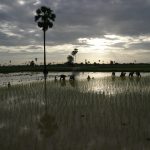
Social land concessions (SLCs) are intended to provide to the landless or land-poor land on which to establish residences and/or generate income through agriculture. The Cambodian Government that more than 30,000 households have received land as social land concessions. Despite its pro-poor intention, the SLC ...



